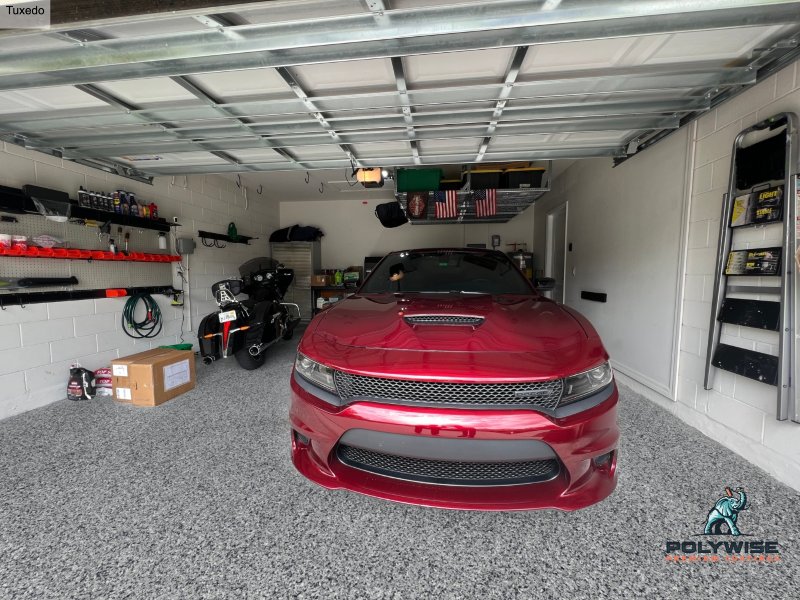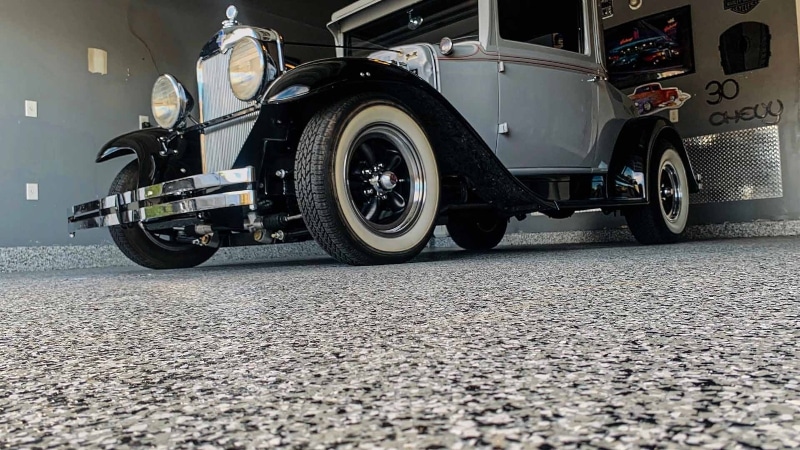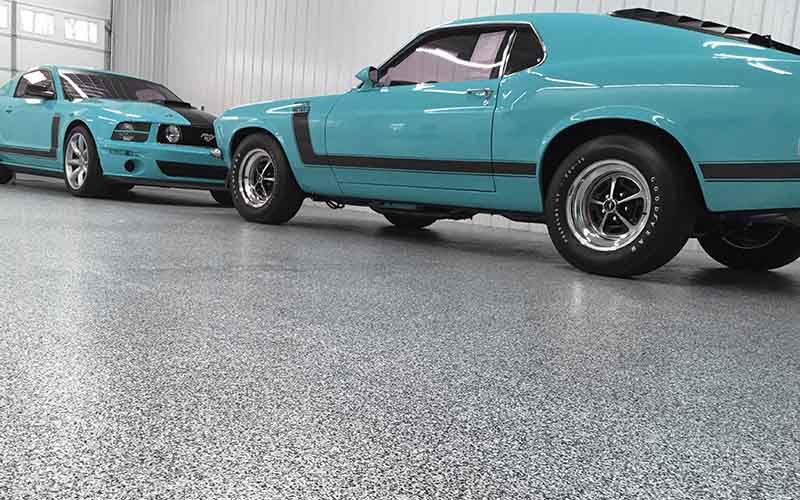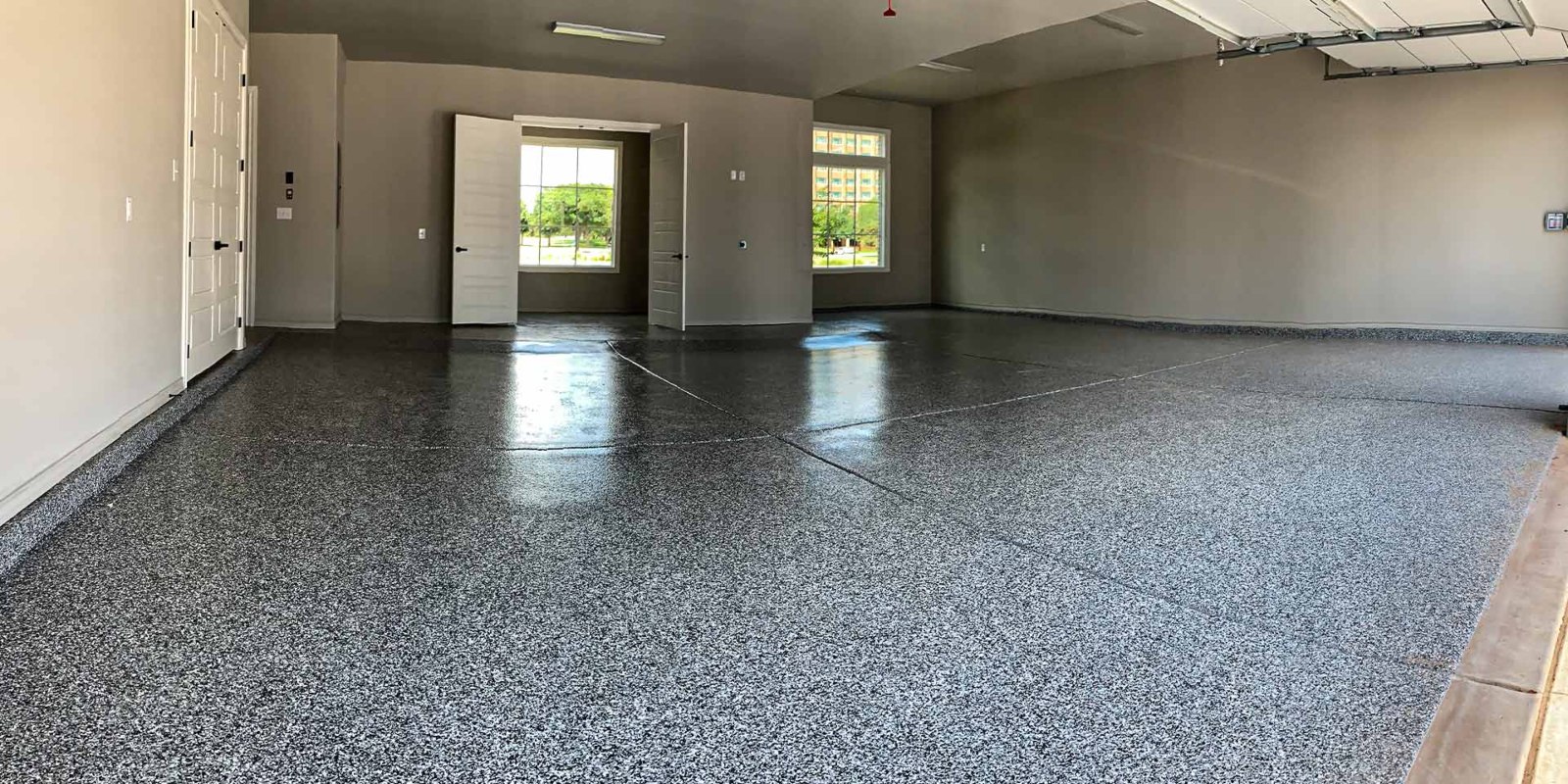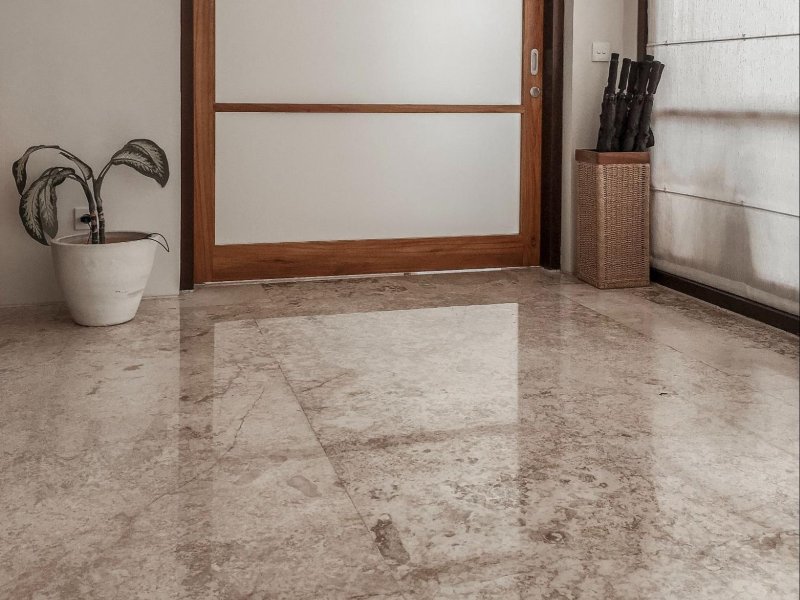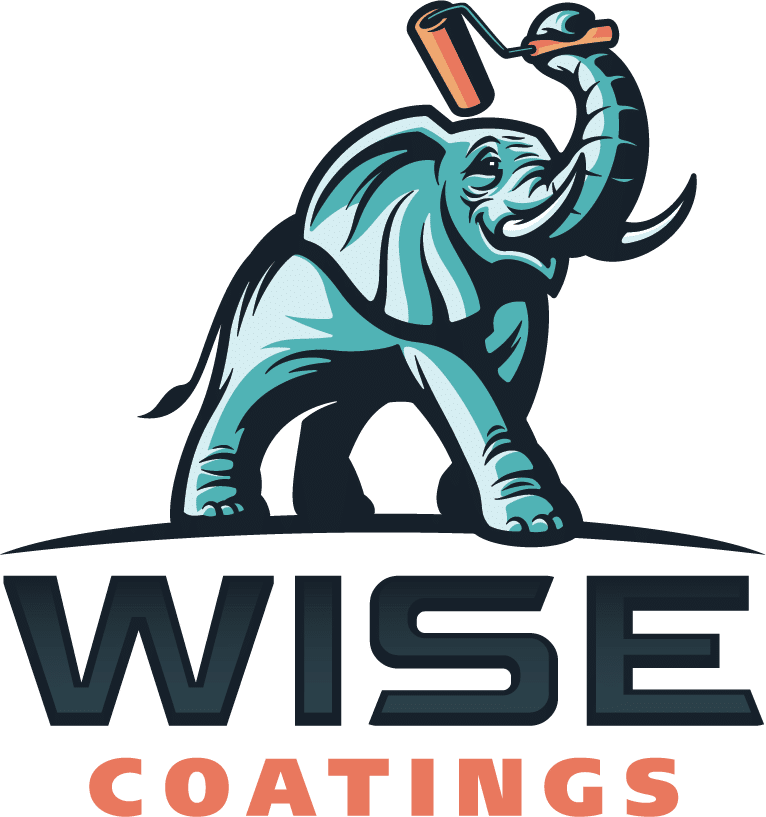The Pros and Cons of Different Types of Concrete Coating Solutions
Are you in the market for a concrete coating solution? Whether it’s to restore an existing structure or coat a new one, making sure you choose the right option is crucial. With so many varieties of products and services out there, deciding which to go with can feel overwhelming. However, understanding the pros and cons of different types of concrete coating solutions will help you make an informed decision that best suits your needs. In this blog post, we’ll be discussing exactly that – from epoxy resins to protective sealers and beyond! Read on to learn more about all your options.
Exploring the Different Types of Concrete Coating Solutions
Epoxy Resins
Epoxy resins are a popular choice for concrete coatings due to their durability and resistance to chemicals. They’re excellent for indoor use, particularly in areas where there’s exposure to corrosive substances, such as in garages or factories. Epoxy resins create a bright, high-gloss finish that can transform any space. However, they can be slippery when wet and may yellow over time when exposed to sunlight.

Polyurethane Coatings
Polyurethane coatings offer great flexibility, making them suitable for surfaces that encounter heavy traffic or need to withstand high levels of mechanical stress. They’re also resistant to abrasion, making them ideal for industrial or commercial settings. On the downside, polyurethanes are sensitive to moisture during the curing process, which can affect their final appearance and durability.
Acrylic Sealers
Acrylic sealers are an affordable and easy-to-apply option for outdoor concrete surfaces. They dry quickly, offer good UV resistance, and come in a variety of sheens. However, they’re not as durable as epoxy or polyurethane coatings and may need to be reapplied more frequently.
Protective Concrete Sealers
Protective concrete sealers are designed to penetrate the surface of the concrete, offering excellent protection against moisture and chloride intrusion. They’re a great choice for preserving the natural look of the concrete. However, they rarely improve the look of the surface and require frequent reapplication.
Remember, each type of coating has its own set of advantages and drawbacks. The key is to determine which one aligns with your specific needs and conditions.
Pros and Cons of Traditional Concrete Coating Solutions
Traditional concrete coatings, such as paint and stain, have been used for years to provide aesthetic appeal and some level of protection to concrete surfaces.
Pros
- Aesthetic Appeal: Traditional coatings like paint and stain come in a vast range of colors, allowing homeowners to customize the look of their concrete surfaces to complement their home’s existing decor.
- Cost-effective: Compared to more modern coating solutions, traditional concrete coatings tend to be more affordable, making them a popular choice for budget-conscious homeowners.
- Ease of Application: Traditional coatings are generally easy to apply, and many homeowners choose to do it themselves, saving on labor costs.

Cons
- Durability: Traditional coatings like paint and stain are not as durable as other types of concrete coatings. They can chip, peel, and fade over time, particularly in high-traffic areas or under harsh weather conditions.
- Maintenance: These coatings require regular maintenance to keep them looking their best. This often involves reapplying the coating every few years.
- Protection: Traditional coatings offer some protection against moisture and stains, but they are not as effective as other coatings like epoxy resins or polyurethane coatings.
In conclusion, while traditional concrete coating solutions may be ideal for some settings due to their cost-effectiveness and aesthetic versatility, they may fall short in terms of durability and protection. Hence, it’s important to consider your specific needs, budget, and the condition of your concrete surface before making your final decision.
Benefits of Epoxy Coating Solutions
Epoxy coating solutions have emerged as a robust and efficient option for concrete surface protection, offering numerous benefits.
- Durability: Epoxy coatings are known for their exceptional durability. Once cured, they can withstand heavy foot and vehicle traffic, harsh chemical spills, and abrasive forces, making them ideal for commercial and industrial settings.
- Ease of Maintenance: The seamless and smooth surface offered by epoxy coatings makes them easy to clean and maintain. They resist oil stains and water, which can simply be wiped away.
- Aesthetic Appeal: With a high-gloss finish, epoxy coatings can significantly enhance the brightness of an area. Moreover, they are available in various colors and patterns, providing a wide range of decorative choices.
- Cost-Effective: Despite their superior performance, epoxy coatings are relatively inexpensive compared to other flooring solutions, particularly over the long term, given their durability and low maintenance requirements.
- Safety: Epoxy coatings are resistant to heat and fire, enhancing the safety of your premises. Additionally, you can opt for slip-resistant additives to improve safety for wet areas.
In conclusion, an epoxy coating solution offers a mix of durability, aesthetic appeal, cost-effectiveness, and safety. It’s an excellent choice for both residential and commercial concrete surfaces.
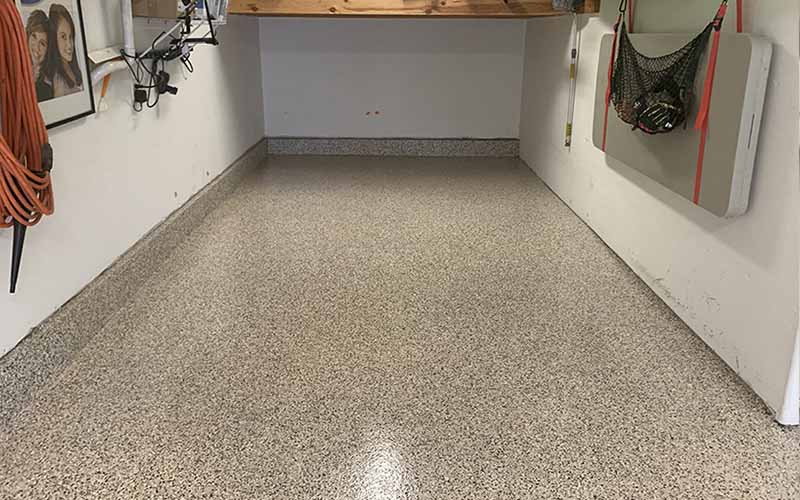
How to Choose the Right Type of Concrete Coating for Your Home or Business
Choosing the right type of concrete coating for your home or business involves evaluating several key factors:
- Purpose: Are you aiming to improve the aesthetic appeal of your space, enhance durability, or both? If the surface encounters high foot traffic or heavy machinery use, durable options like epoxy or polyurethane coatings are worth considering. If aesthetics are your main concern, you might opt for traditional coatings or acrylic sealers that offer a range of colors and finishes.
- Location: Indoor surfaces benefit from the high-gloss, chemical-resistant properties of epoxy resins, while outdoor surfaces may require UV-resistant options like acrylic sealers.
- Budget: If cost is a major factor, traditional coatings or acrylic sealers may suit your needs. However, keep in mind that more durable options like epoxy or polyurethane can be more cost-effective in the long run due to lower maintenance needs.
- Professional Advice: You may want to consult a professional to understand which coatings are most suitable for your specific concrete surface and usage conditions. These professionals can provide personalized advice based on their experience and expertise.
Remember, the right concrete coating not only enhances the look of your space but also increases its longevity and functionality. Therefore, it’s worth taking the time to weigh your options and make an informed decision.
Expert Tips for a Lasting and Quality Application
Here are some expert tips to ensure a lasting and quality application of your chosen concrete coating:
- Surface preparation: Prior to applying the concrete coating, thorough preparation of the surface is critical. This usually involves cleaning, repairing any cracks or damage, and etching the surface to allow for better adhesion of the coating.
- Appropriate conditions: Apply the coating under appropriate weather conditions. Extremely cold or hot temperatures, excessive humidity, or rain can affect the application and curing process, potentially compromising the quality and durability of the coating.
- Use of primer: Depending on the type of coating, a primer may be necessary. This can enhance the adhesion of the coating and improve its look and performance.
- Apply in layers: It’s best to apply the coating in multiple thin layers rather than a single thick one. This helps to ensure an even application and prevents issues like bubbling or peeling.
- Curing time: Allow enough curing time for your coating before using the surface. Rushing this process can lead to a compromised coating that may not last as long or perform as well.
- Regular maintenance: Once the coating is applied, regular maintenance is key to prolonging its lifespan. This may include cleaning, sealing, and occasional touch-ups.
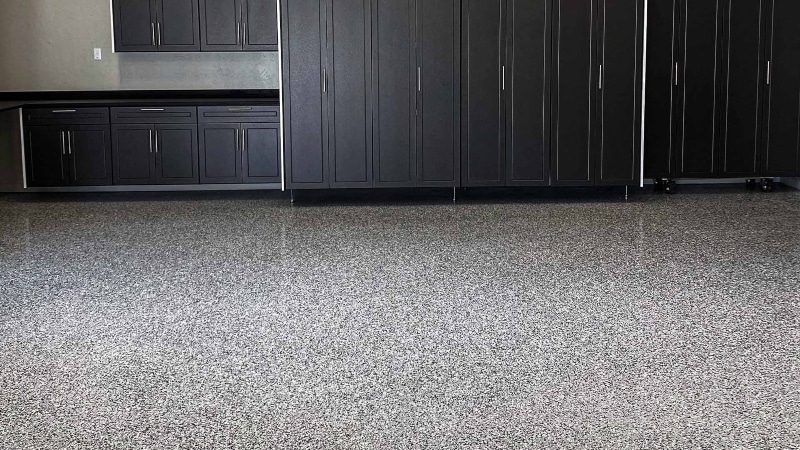
Remember, the successful application of a concrete coating involves careful consideration and execution of each step. When in doubt, don’t hesitate to seek professional assistance to ensure an optimal result.
In conclusion, concrete coatings play a crucial role in protecting and enhancing the appearance of your concrete surfaces. With various options available, it’s important to weigh your needs and make an informed decision to ensure the best results. By considering factors such as durability, maintenance, safety, and location, along with expert advice and proper application techniques, you can achieve a lasting and high-quality finish for your concrete surfaces. So, why wait? Explore the options and transform your space today with a durable and aesthetically pleasing concrete coating solution.
Wise Coatings
https://www.google.com/maps?cid=2589512530409833629
(503) 855-6338
https://wisecoatings.com/portland/




